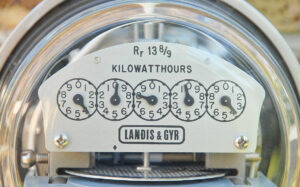THE Board of Investments (BoI) approved the registration of a solar project undertaken by Nakashin Davao International, Inc., making it the first business to be granted incentives offered under the Energy Efficiency and Conservation (EE&C) Act.
In a statement on Wednesday, the BoI said that Nakashin’s 519.2-kilowatt-per-hour solar photovoltaic rooftop system project is eligible for an income tax holiday (ITH) equivalent to 50% of its capital investment.
Estimated to cost P26 million, the project will be installed in the company’s food manufacturing facility. Nakashin produces agricultural and aquatic products for export to Japan and the European Union.
“The Department of Energy (DoE) has certified that Nakashin’s project meets the required standards for endorsement by the BoI, further supporting its alignment with the country’s sustainability goals,” the BoI said.
Signed in 2019, the EE&C Act aims to encourage the use of energy-efficient technologies to help achieve the Philippines’ renewable energy (RE) goals.
The government has set a target for RE to account for 35% of the power generation mix by 2030, rising to 50% by 2040.
“By adopting RE technologies like solar, companies in the Philippines can significantly reduce their electricity costs and reinvest savings into business expansion, boosting overall economic growth,” the BoI said.
“Nakashin’s solar rooftop system will not only reduce its dependence on grid-supplied electricity but will also provide reliable and sustainable power for its operations,” it added.
BoI Memorandum Circular 2023-006 provides that self-financed EE&C projects are entitled to the ITH incentive and duty exemption on imports of capital equipment, raw materials, spare parts, or accessories. — Justine Irish D. Tabile

